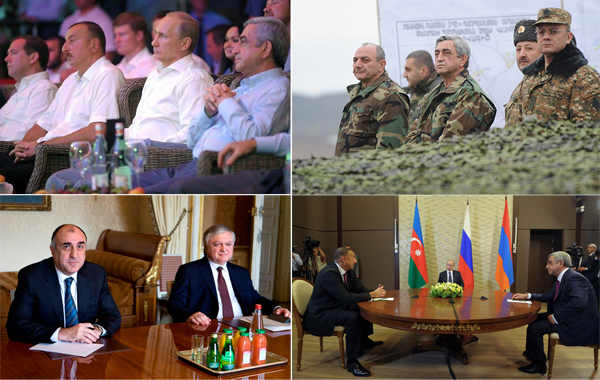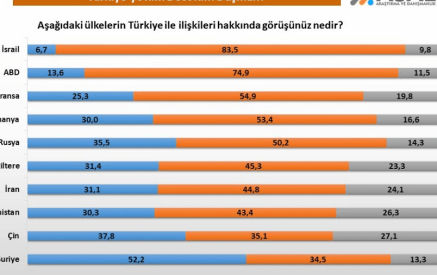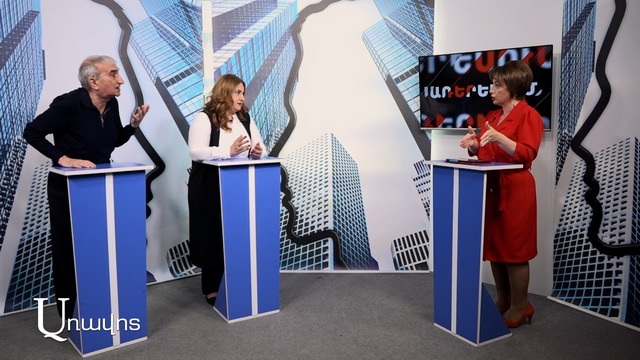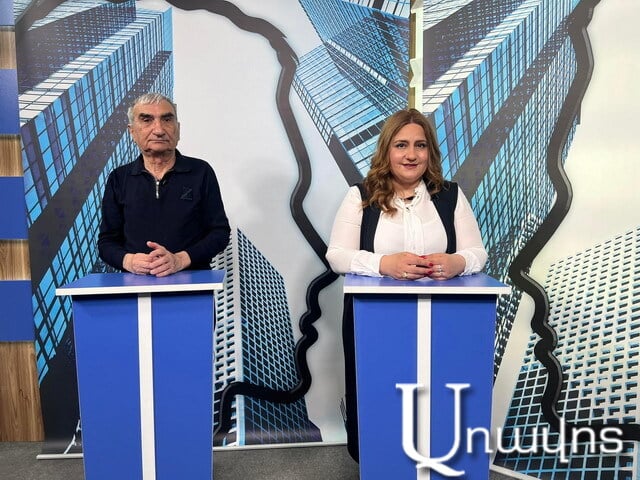On November 27, Baku hosted the meeting of foreign ministers of Turkey and Azerbaijan, Mevlüt Çavuşoğlu and Elmar Mammadyarov, which was followed by a joint press conference, where Mammadyarov said that he has informed Çavuşoğlu about the progress of the Nagorno-Karabakh conflict settlement talks. He has also emphasized that during the visit of Russian Foreign Minister Sergey Lavrov to the region, he has briefed on the Karabakh conflict settlement recommendations and has offered to intensify the contacts between Armenia and Azerbaijan. “Lavrov’s recommendations were made on behalf of the co-chairing countries. A recommendation to organize a meeting of the presidents was voiced in Azerbaijan during the last visit of the co-chairs. We agreed for the meeting to take place by the end of this year. The co-chairs are working on this matter.”
The abovementioned statement pertaining to the new recommendations by Lavrov, Mammadyarov made for the second time. A day before this press conference, in Tbilisi, at the meeting of foreign ministers of the Eastern Partnership, he also spoke on this subject, and on November 26, late in the evening, Yerevan officially responded to Mammadyarov’s statements. Foreign Ministry spokesman has responded to “Radio Liberty” question that according to Mammadyarov, Lavrov’s recommendations were designed as follows: “one should focus on the withdrawal of the Armenian military forces, return of internally displaced persons and establishment of contacts between the Armenian and Azerbaijani communities of Nagorno-Karabakh..”
Tigran Balayan said the following that the meeting of foreign ministers of the Eastern Partnership held in Georgia, in response to allegations of Azerbaijani Foreign Minister, the RA Foreign Minister has literally said the following: “All of us, gathered here, can only express bewilderment, as we did at the Riga Summit, when Azerbaijan rejected the wording proposed by everyone, including the EU member-states and EaP states in the Summit’s Final Declaration on the Nagorno-Karabakh settlement, which was based on the well-known statements by the Heads of Co-Chair states. It is known that they reflect the principles and elements of the settlement as an integrated whole. The joint approach of the Co-Chair states – Russia, United States and France, is well-known, that selective approach to those principles and elements will make the settlement of the conflict impossible. Azerbaijan’s approaches should not be presented as a position of the Co-Chairs, especially given the fact that those principles and elements are published in the five well-known statements. Regarding to what Azerbaijan’s Foreign Minister presents and how he attempts to ascribe it to Sergey Lavrov, such an approach has not been proposed by the Minister of Foreign Affairs of Russia to the Armenian side, and I do not think that he would have proposed such an approach to the Azerbaijani side. One should not turn the reality upside-down.”
Generally, the Russian Foreign Minister, during his recent visits to Azerbaijan and Armenia, outlined the speedy decision-makings on the Nagorno-Karabakh conflict settlement. Azerbaijani foreign minister even though stated that Lavrov’s recommendations are made on behalf of the co-chairing countries, and one can assume from this that these recommendations were agreed between the US, Russia and France, however, it leaves and impression that Baku has an agreed intention with Russia to hand over the “driving wheel” of a mediator in the Karabakh settlement process to Russia.
Read also
This perhaps has its motives. The politics of maintaining continuous tension on the Armenian-Azerbaijani border and diversion operation in the Karabakh line of contact by Azerbaijan creates an atmosphere that strengthened the belief in Armenia and the West that Russia by the agreement on selling multi-billion dollars weapon to Azerbaijan gave freedom to Aliyev for his unbridled behavior. As a result, Russia’s role as a mediator for the Karabakh peace settlement was seriously put into question. How does the mediator call for peace to the parties if it is arming the conflicting parties? Apparently, now, Russia that is trying to restore its influence in the geopolitical process, find allies and withdraw from the international isolation, also in the South Caucasus, is trying to reinforce its position particularly in the Karabakh settlement process, which is facilitated and supported by Baku officially with such statements made by Mammadyarov.
Russian “Kommersant” newspaper’s recent response to the Russian-Turkish escalated relations after the downing of the Russian warplane was also noteworthy. The Russian-Turkish tension was directly associated with the raising of the issue of Turkey’s responsibility for the denial of the Armenian Genocide at the State Duma by Russia. The publication reminded the visit of Vladimir Putin to Armenia on 24 April 2015 to attend the event commemorating the centenary of the Armenian Genocide, and the fact that by expressing a protest to Moscow for the recognition of the Genocide at the level of Russia’s high political leadership, Turkish authorities had temporarily suspended the cooperation by hampering the planned meeting of foreign ministers Sergei Lavrov and Mevlüt Çavuşoğlu right after the commemoration day. As if aiming to show a “response” to Moscow, the newspaper also pointed out the visit of Turkish Foreign Minister Çavuşoğlu to Baku and the affirmation of Turkish Prime Minister Ahmet Davutoğlu during the presentation of the 64th government program of Turkey that “Turkey will do its utmost for the liberation of the occupied territories of Azerbaijan.”
Emma GABRIELYAN,
“Aravot” daily























































